General function:
Plan, organize, coordinate and supervise activities related to environmental issues, as well as coordinate and supervise social service providers who help in the preparation of compost with organic waste and in the collection of hazardous waste from teaching and research laboratories. In addition to optimally manage the resources necessary for the proper management of special and hazardous waste generated by the Faculty, in order to comply with current Mexican regulations, and encouraging the academic community, a culture of care for the environment and health of the university community.
Specific functions
- Train the university community about the Zero Waste Program of the Faculty of Chemical Sciences and Engineering. Basically, it tries to guide the university community in the correct use of the urban solid waste containers that are generated within the University. As well as raising awareness of the importance of correctly separating the waste that each person generates for its subsequent recovery, and thus helping to reduce the ecological footprint that is generated every day.
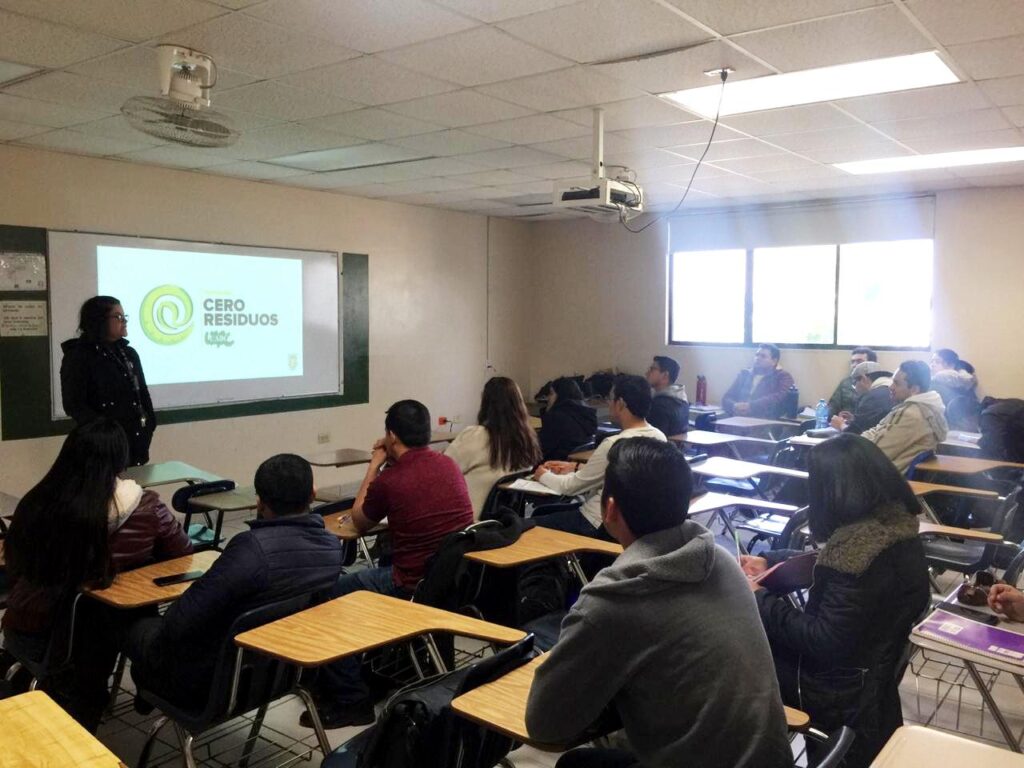
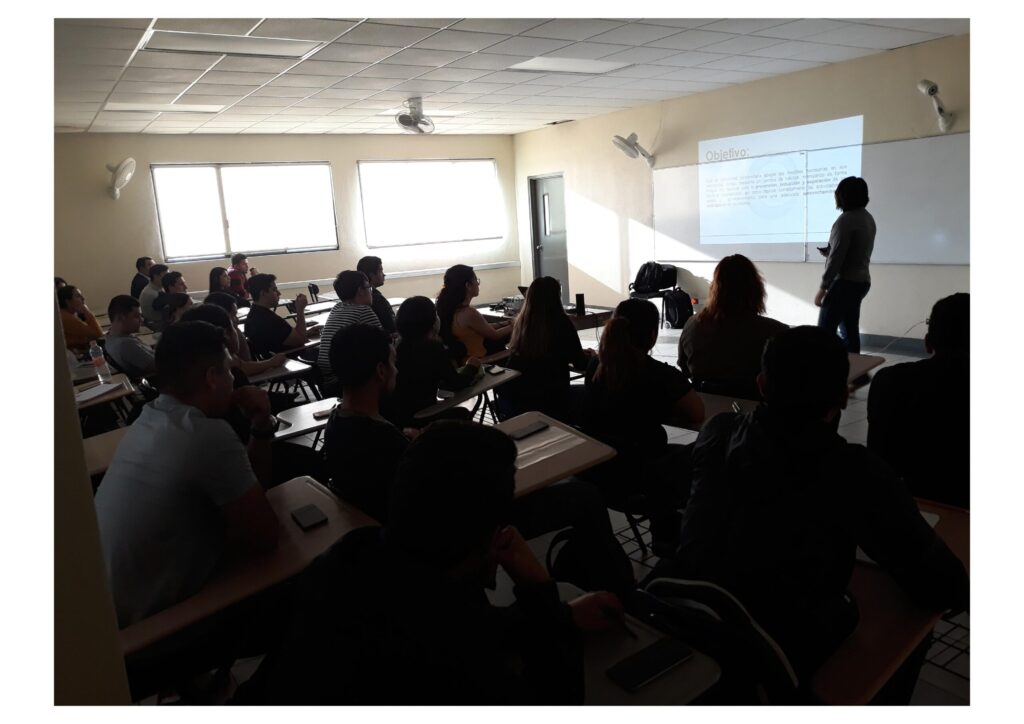
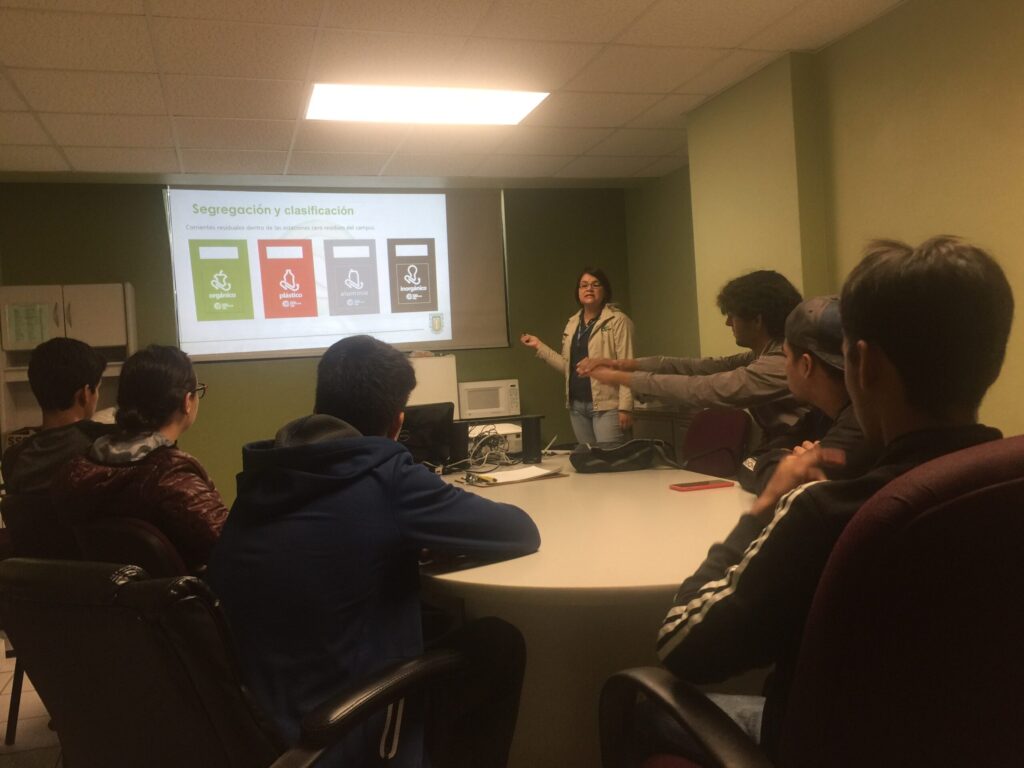
- Coordinate the activities of Handling and Disposal of Hazardous Waste generated in the different laboratories of the Faculty of Chemical Sciences and Engineering. The activities to be performed require collecting, classifying, weighing, measuring parameters and disposing of hazardous and infectious biological waste in the Temporary Hazardous Waste Warehouse. In addition, it helps to maintain each of the laboratories where this type of waste is generated.
This project includes a Professional Social Service Program named: “Manejo y Disposición de Residuos Peligrosos”, with code U4-0005. These programs can be found at the following link: https://siii.uabc.mx/ in the INTEGRAL SOCIAL SERVICE SYSTEM section.
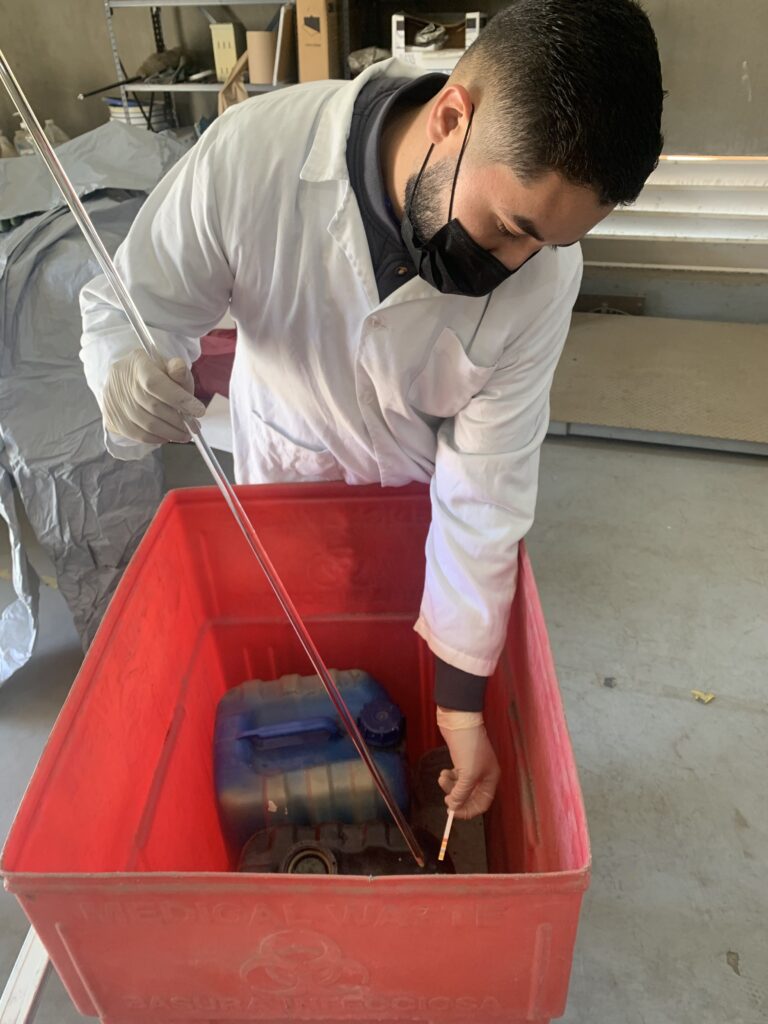
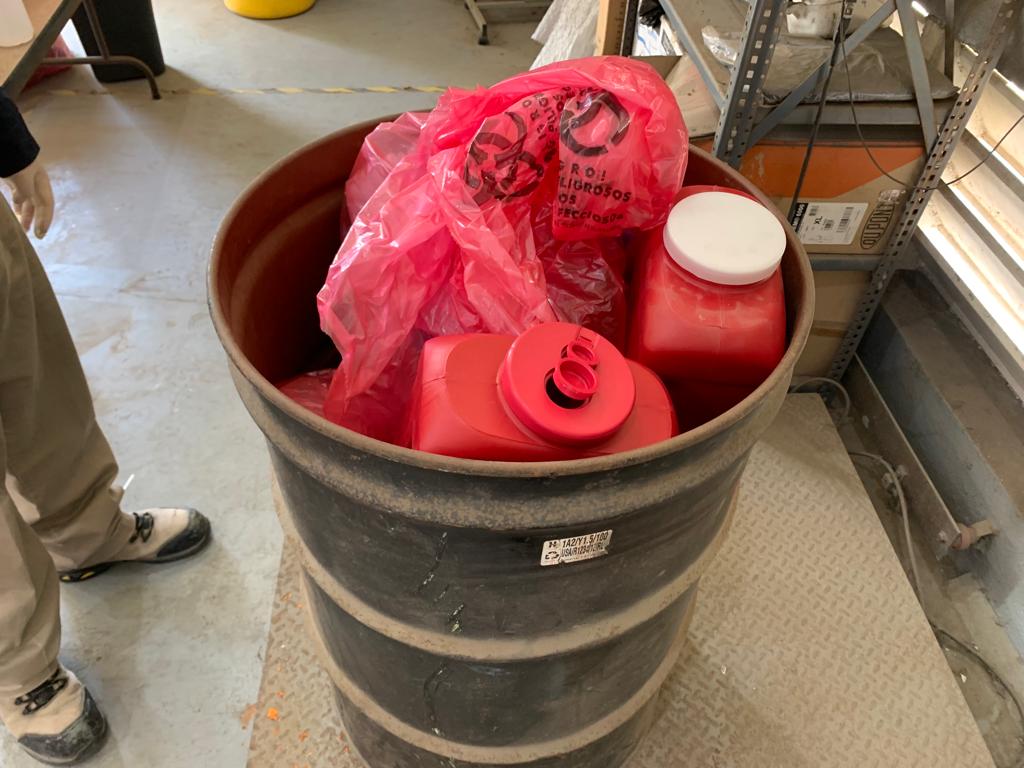
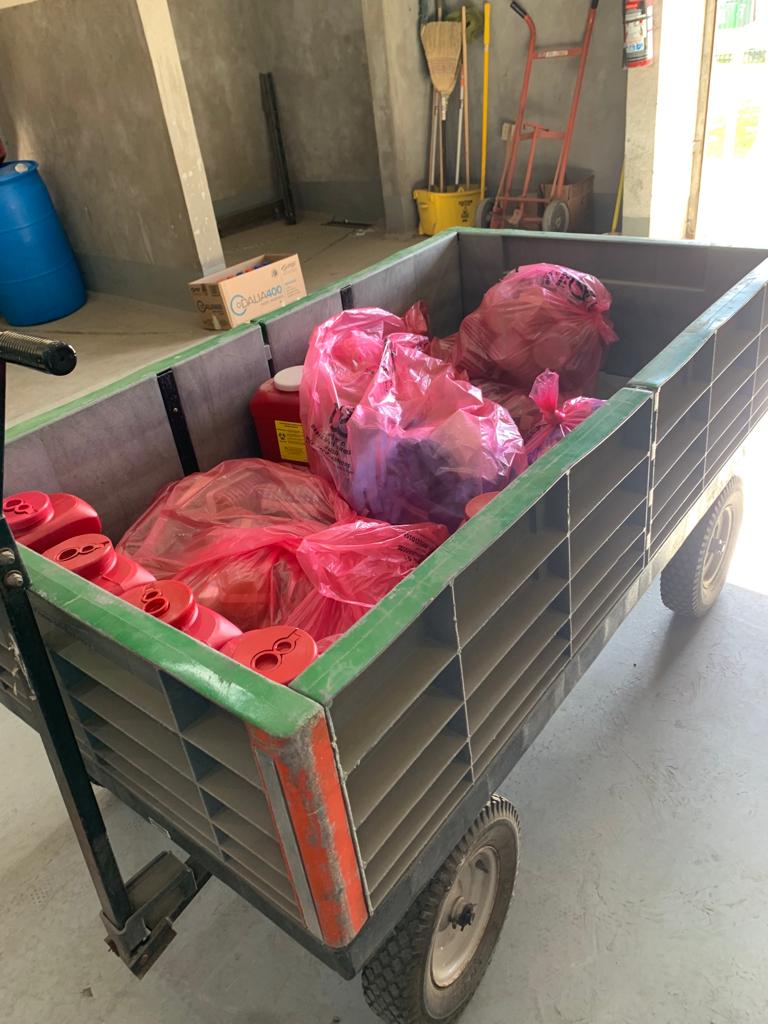
- Coordinate the operation of the University Composting Center of the Faculty of Chemical Sciences and Engineering. This project is based on treating organic waste generated at the Tijuana Campus of the UABC, specifically garden pruning, and through the composting process it is used as bio-fertilizer for soil improvement in the green areas of the University. Different social service programs from different faculties have approached this project to request the donation of compost piles, whether for reforestation, providing nutrients to the soil for organic gardens, greenhouses, among others.
This project has Community and Professional Social Service Programs under the name of: “Proyecto para la Operación del Centro Universitario de Compostaje”, with codes A4-0025 and U4-0074 respectively. These programs can be found at the following link: https://siii.uabc.mx/ in the INTEGRAL SOCIAL SERVICE SYSTEM section.
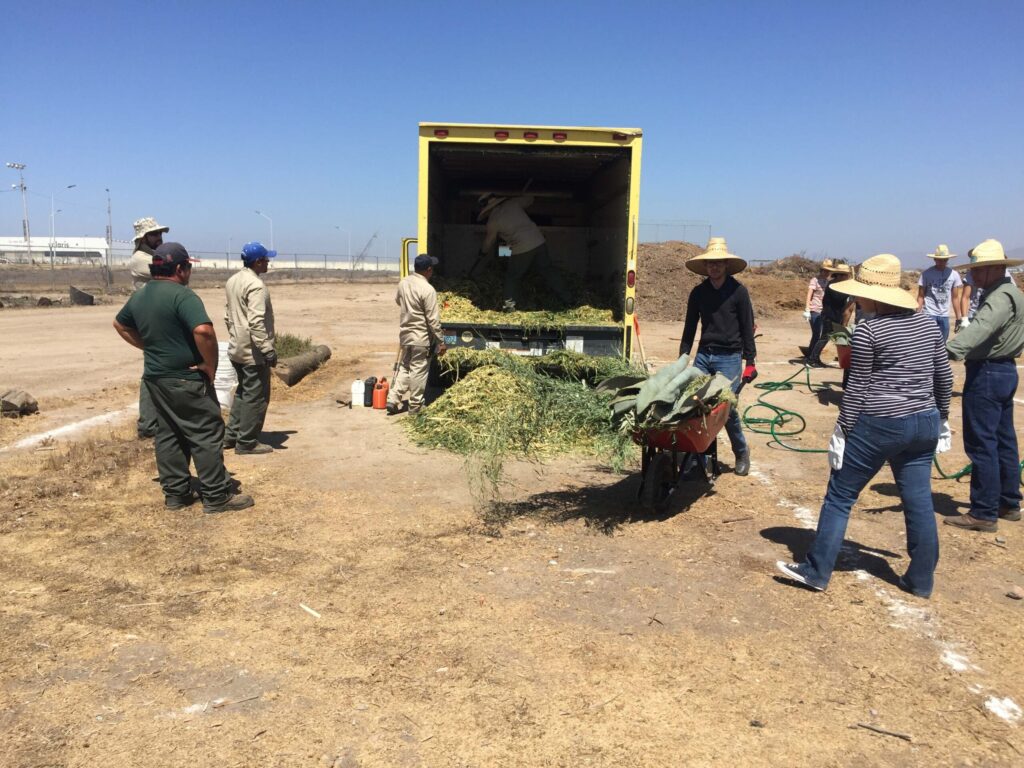
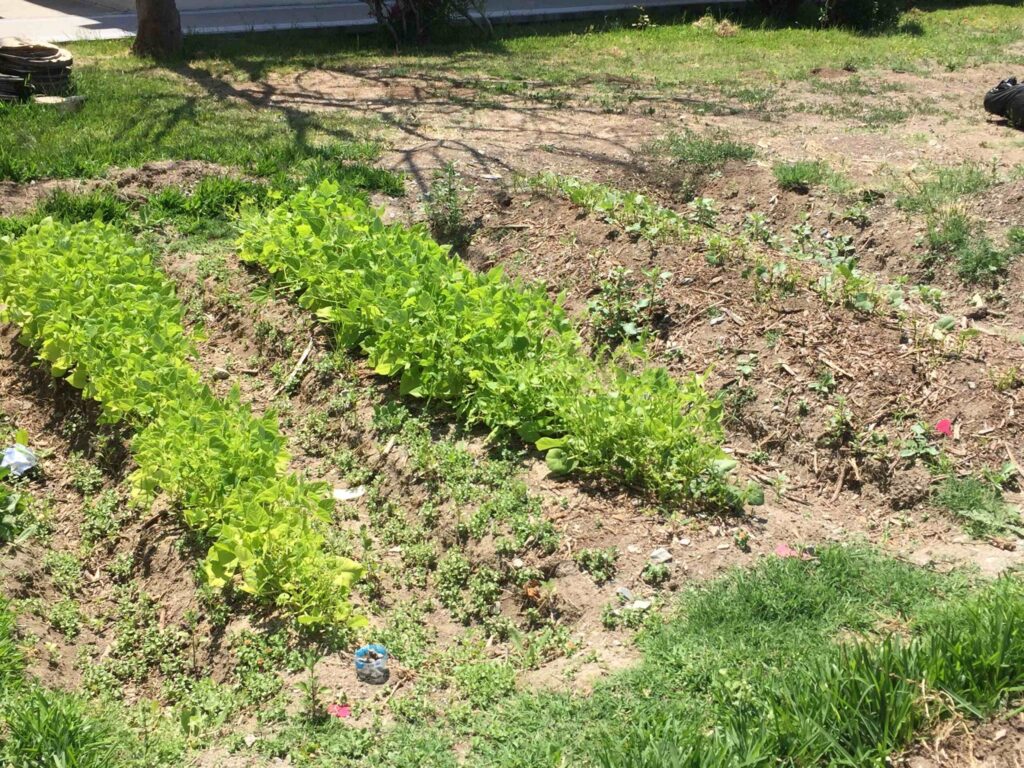
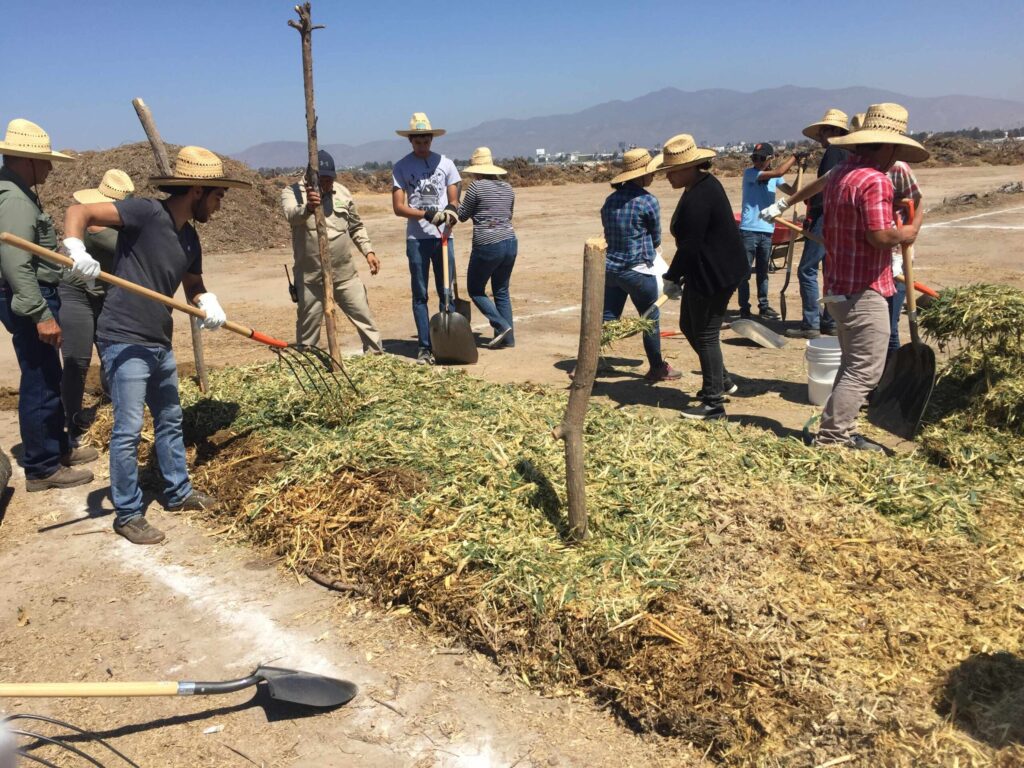
Enviroment responsible
PhD. Mydory Oyuky Nakasima López
nakasima.mydory@uabc.edu.mx
